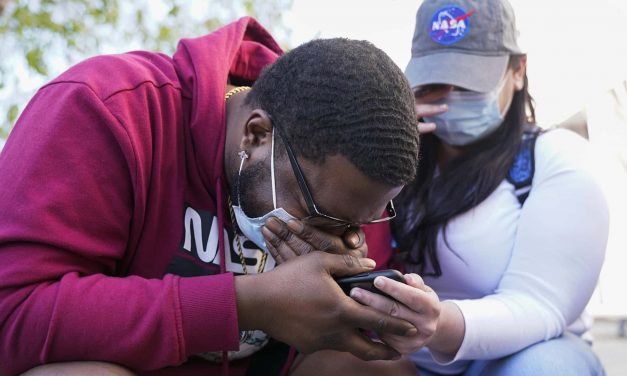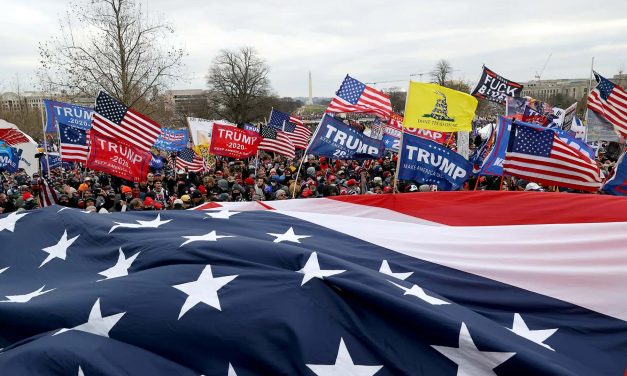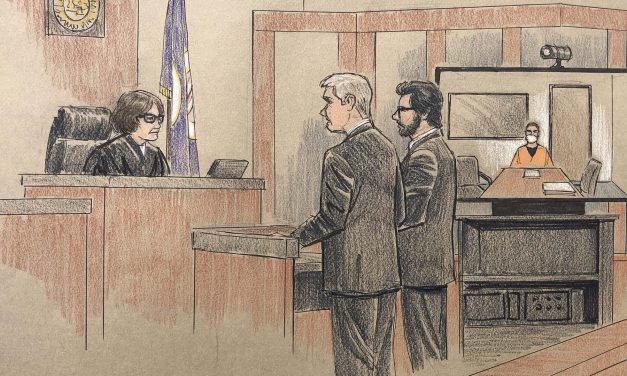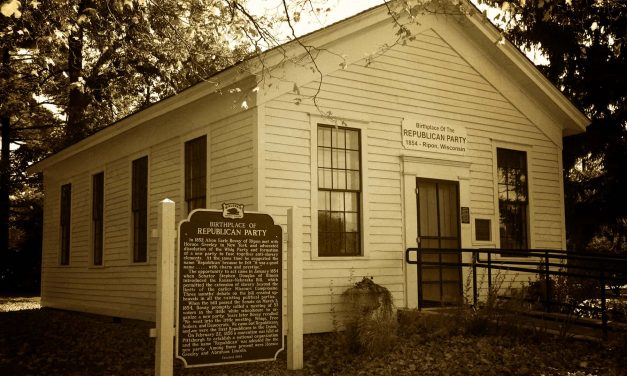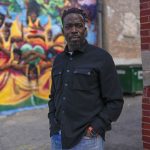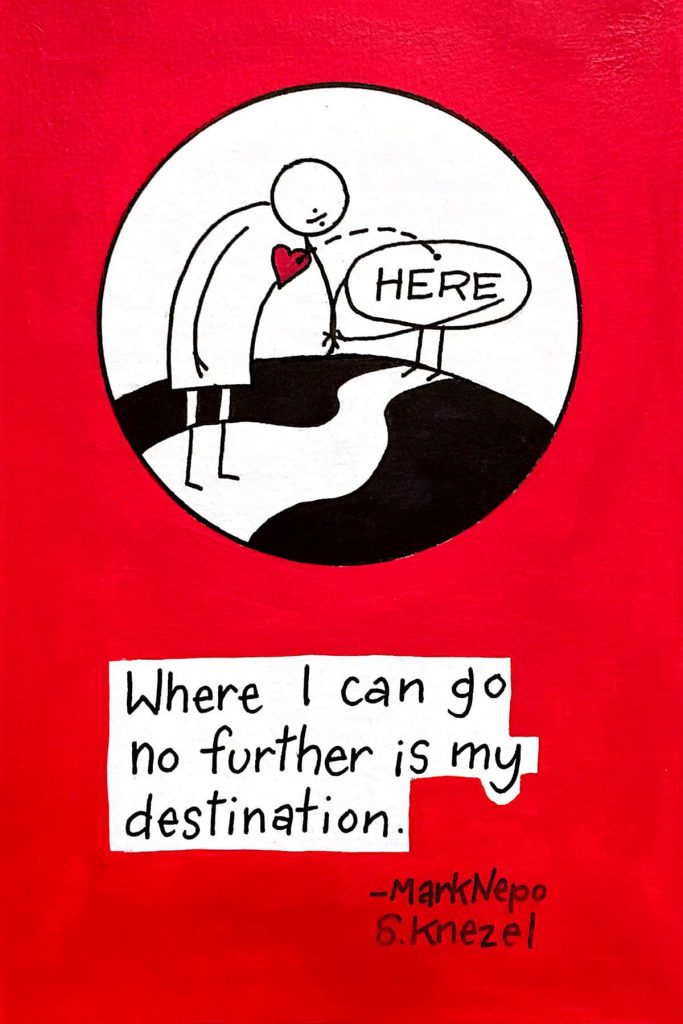Our acceptance of gun violence: Americans used to own firearm without engaging in daily massacres
America today is caught in a plague of gun violence. It wasn’t always this way. Americans used to own guns without engaging in daily massacres. Indeed, it always jumps out at me that the infamous St. Valentine’s Day Massacre of 1929, when members of one Chicago gang set up and killed seven members of a rival gang, was so shocking it led to legislation that prohibits automatic weapons in the U.S. Eighty-nine years later, though, in 2018, another Valentine’s Day shooting at Marjory Stoneman Douglas High School in Parkland, Florida, killed 17 children and wounded 17 others. In response,...
Read More

